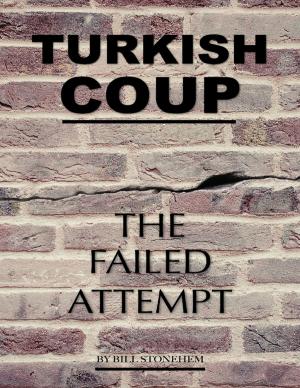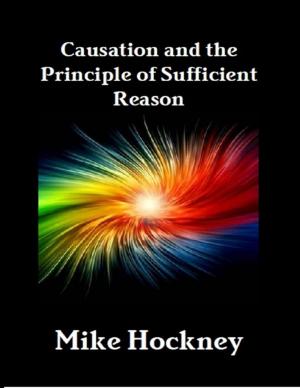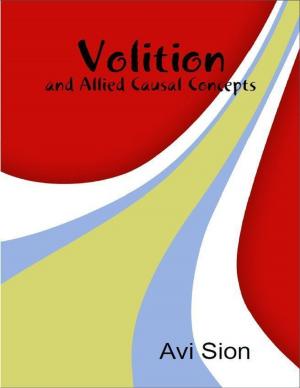| Author: | John O'Loughlin | ISBN: | 9781446649961 |
| Publisher: | Lulu.com | Publication: | February 19, 2013 |
| Imprint: | Lulu.com | Language: | English |
| Author: | John O'Loughlin |
| ISBN: | 9781446649961 |
| Publisher: | Lulu.com |
| Publication: | February 19, 2013 |
| Imprint: | Lulu.com |
| Language: | English |
'Future Transformations' combines essays with dialogues, both of which are transcended by aphorisms in the lengthy appendix of what, for a work dating from 1982, remains one of John O'Loughlin's most revolutionary projects, in that it addresses future transformations of humanity in relation to the post-human and, hence, on a basis transcending Western humanist conventions which can therefore be regarded as effectively global or universal in ideological scope. In that respect, this project signifies a transcendentalist rejection of humanism, even in relation to comparatively radical humanist authors like Aldous Huxley, whose concept of religious progress remained rooted in human parameters and thus in the delusion of human perfectibility in relation to God.
'Future Transformations' combines essays with dialogues, both of which are transcended by aphorisms in the lengthy appendix of what, for a work dating from 1982, remains one of John O'Loughlin's most revolutionary projects, in that it addresses future transformations of humanity in relation to the post-human and, hence, on a basis transcending Western humanist conventions which can therefore be regarded as effectively global or universal in ideological scope. In that respect, this project signifies a transcendentalist rejection of humanism, even in relation to comparatively radical humanist authors like Aldous Huxley, whose concept of religious progress remained rooted in human parameters and thus in the delusion of human perfectibility in relation to God.















